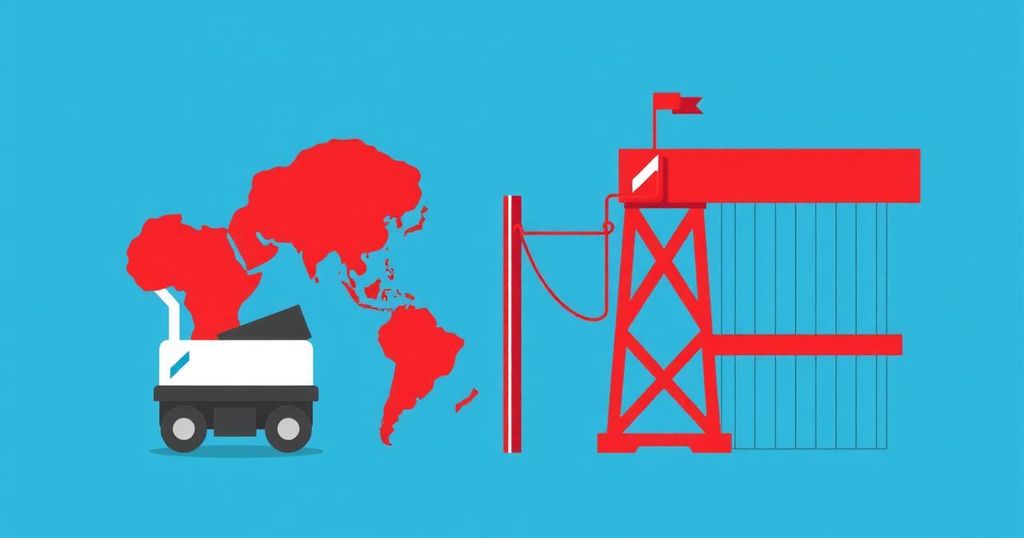economics
Politics
AMERICA, ASIA, CANADA, CURRENT_AFFAIRS, DONALD TRUMP, ECONOMICS, EU, EUROPEAN UNION, FOOD INDUSTRY, INDIA, JAPAN, KA, KAROLINE LEAVITT, LEAVITT, MAGA VOICE, MAGAVOICE, NATIONAL SECURITY, NORTH AMERICA, POLITICS, SOCIAL MEDIA, TRUMP, UNION, UNITED STATES, US, WASHINGTON, WHITE HOUSE, WHITE HOUSE PRESS
Fatima Khan
0 Comments
White House Confirms No Exemptions on Reciprocal Tariffs for “Liberation Day”
The White House announced that President Trump’s “Liberation Day” on April 2 will not feature exemptions on reciprocal tariffs against nations imposing high tariffs on U.S. products. White House spokesperson Karoline Leavitt listed tariffs from various countries, highlighting the unfair trade practices damaging American industries. Additionally, the administration released a report on foreign trade barriers to support the implementation of new tariffs.
In anticipation of President Donald Trump’s announced “Liberation Day” on April 2, 2025, the White House has asserted that there will be no exemptions on reciprocal tariffs. White House spokesperson Karoline Leavitt emphasized the need to address “unfair trade practices” that disadvantage American industries. She provided details of substantial tariffs imposed on U.S. products by various nations, underscoring the administration’s commitment to reciprocity in trade agreements.
Leavitt described several significant tariffs, including a 700% tariff from Japan on rice, a 50% tariff from the European Union on American dairy, and a 100% tariff from India on agricultural goods. The spokesperson argued that such tariffs create insurmountable barriers for American exports, contributing to job losses in the U.S. economy. The President’s proposed tariffs intend to compensate for these international trade discrepancies, aiming to create a more level playing field for American products.
Furthermore, the Trump administration published a comprehensive report detailing foreign trade barriers, outlining various regulations that restrict U.S. exports. The National Trade Estimate Report highlighted average tariff rates from partner countries along with non-tariff barriers, such as stringent food safety regulations and public procurement processes. U.S. Trade Representative Jamieson Greer remarked that no modern president has more actively sought to address these harmful practices than President Trump.
The White House remains committed to enforcing reciprocal tariffs to combat unfair trade practices by foreign nations. As President Trump’s “Liberation Day” approaches, significant tariff disparities are highlighted as detrimental to American workers and businesses. The administration’s recent trade barriers report serves to reinforce the need for reform in international trade relations and enhance competitiveness for American goods in the global market.
Original Source: www.ndtv.com




Post Comment